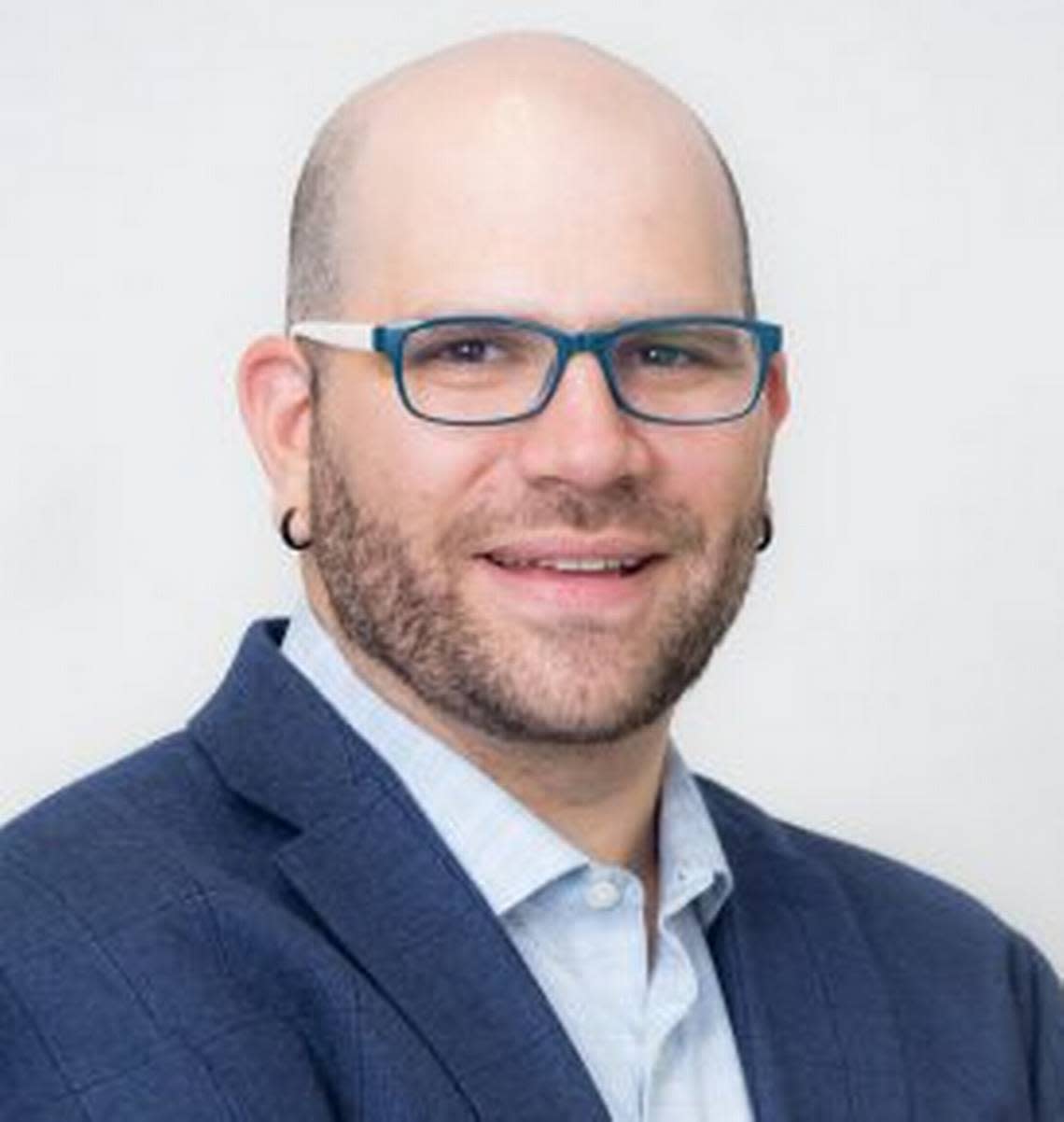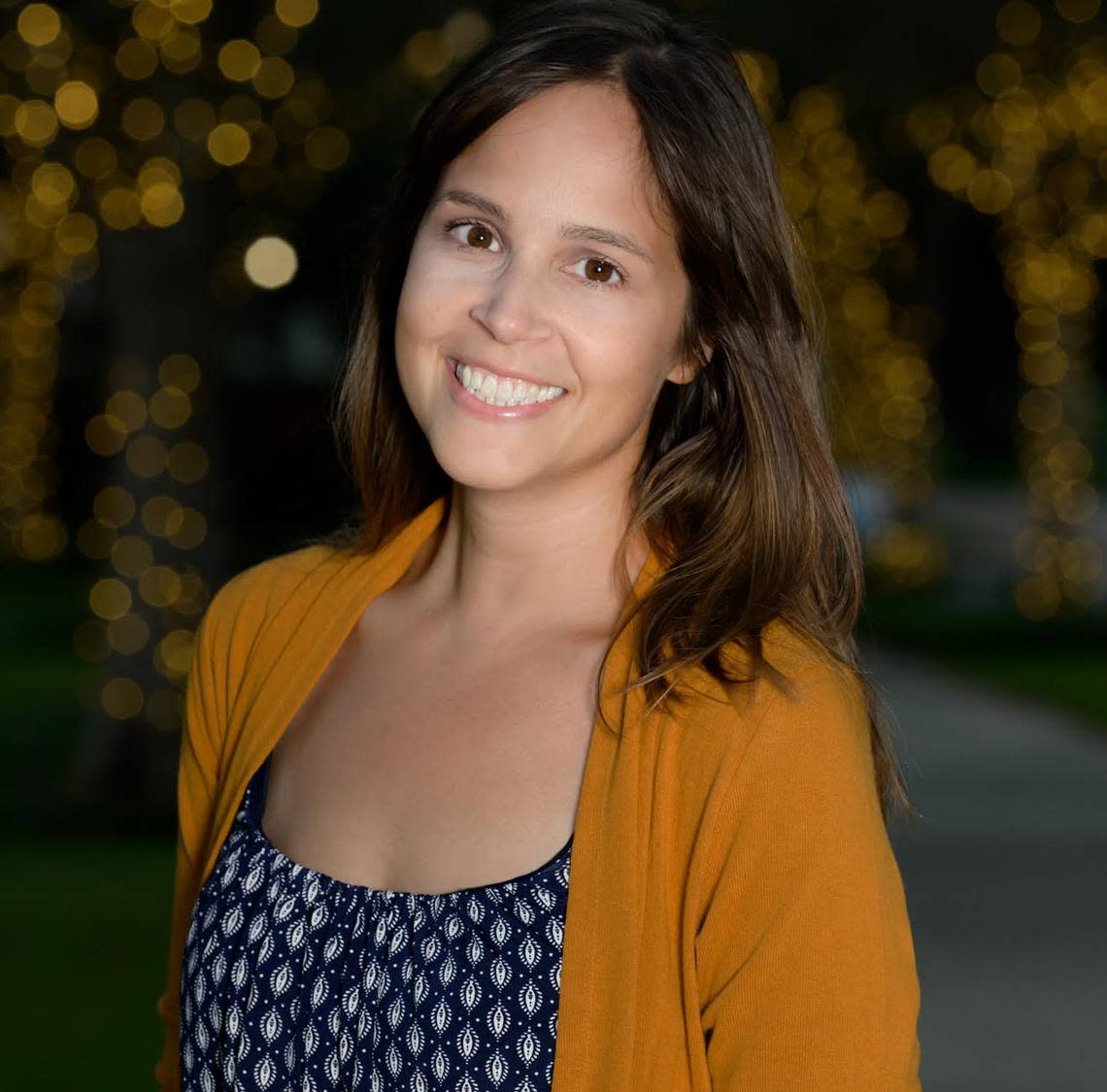Now, it only takes one person to deny Florida students hundreds of books at a time | Guest Opinion
For the past two weeks, images of empty classroom bookshelves in Florida have spread across the internet. In Manatee and Duval schools, administrators and teachers, motivated by vague new laws about which books are appropriate in schools, have opted to suspend access to books altogether.
Amid the confusion, students are paying the price. In at least one case, they even cried about it.
These developments are the culmination of a movement to ban books that has spread across Florida since 2021. Most astonishing, though, is how it has been propelled by a vocal minority having an outsized impact on books’ availability.
These self-appointed censors have developed an array of tactics: filing objections to dozens of books at once, reading books salaciously at school board meetings, emailing school officials with censorship demands. The pressure to ban, restrict or otherwise impact students’ access to books has worked: 156 books were pulled from shelves for a few months in Indian River; 110 books were slapped with warning labels for eight months in Collier County; and over 100 books have been moved in and out of backrooms in Escambia, with parents required to fill out permission slips for students to access them.
The driving force in each of these cases has not been overwhelming public outcry; but rather, an individual or a small group. Sometimes it’s one parent or teacher; sometimes it’s a citizen who has been encouraged or inspired to take up this cause. Many are leaders of advocacy groups bent on suppressing information and ideas in schools, like Moms For Liberty, Florida Citizens Alliance or County Citizens Defending Freedom.
In Clay County, for example, one person — who is also the leader of the state chapter of the group ‘No Left Turn in Education’ — has launched a crusade against school library books, filing hundreds of challenges and threatening to file thousands. The district has a policy to remove books when challenged, and even told media specialists to simply cull some challenged titles. As a result, this one person has gotten over 200 titles temporarily or permanently banned.
Proponents of book removals might think Clay parents are supportive of these efforts. Think again. This school year, district parents were given the opportunity to directly limit which books their kids could access in school libraries, but after the first school quarter, parents of only three students out of over 30,000 opted to do so. That’s hardly evidence that the majority of parents distrust teachers or are clamoring to restrict what their children can read.
There are long-standing processes for schools to receive and respond to petitions to remove school library materials. This usually entails forming committees of teachers, parents and librarians who read the challenged books and advise school leaders on whether to remove or restrict them.
But in the current book-ban wave, this democratic process is frequently being bypassed. Clay County’s district is among those quarantining books indefinitely before any serious review takes place. In other districts, such as Walton and St Johns, superintendents have unilaterally banned scores of books without initiating a formal committee review process. In other words, books are being banned just because one person complained about them.
The other factor that’s made this possible is hyperbole and misinformation: false, exaggerated, or outlandish claims about books’ content. Across Florida — and across the country — book banners have flooded schools with claims that LGBTQ characters make a book “sexual,” and that books with any sexual content make a book “pornographic” or “obscene.” They have claimed books that even touch on racism can be harmful and require restriction, even if a book merely contains accurate facts or observations from historical figures, quoted verbatim.
But rather than trust teachers, librarians or media specialists, many schools have simply acquiesced, banning books at the behest of a small number of people, with no community or expert input, no transparency and no accountability.
New education laws stand to supercharge these trends. With the spontaneous closure of school and classroom libraries, and a recent directive to media specialists to “err on the side of caution” while reviewing these mass collections, the conditions are ripe for censorship to spread. Teachers and media specialists who fail to excessively and adequately cull their collections risk facing not only unrelenting censorship demands; they could also lose their teaching licenses or be charged with a felony.
Two years into the movement to ban books, the power of these lone banners has been strengthened to the point where schools and educators have much more to lose if they stand for students’ freedom to read, than if they become agents of censorship themselves. They are under pressure to privilege the ideological preferences of a select few, over the rights of all.
That’s a sad prospect for the future of public education in Florida. And it’s a devastating indictment of the state of our democracy.
Jonathan Friedman is director of free expression and education programs at the free-speech organization PEN America. Stephana Ferrell is co-founder of the Florida Freedom to Read Project.


